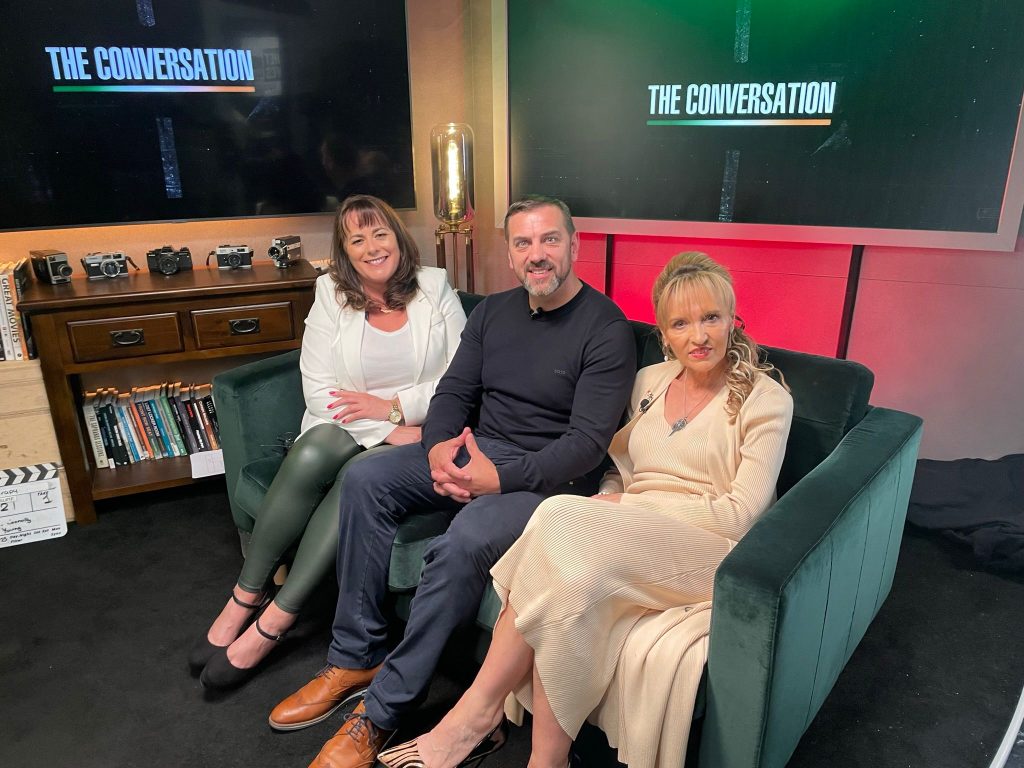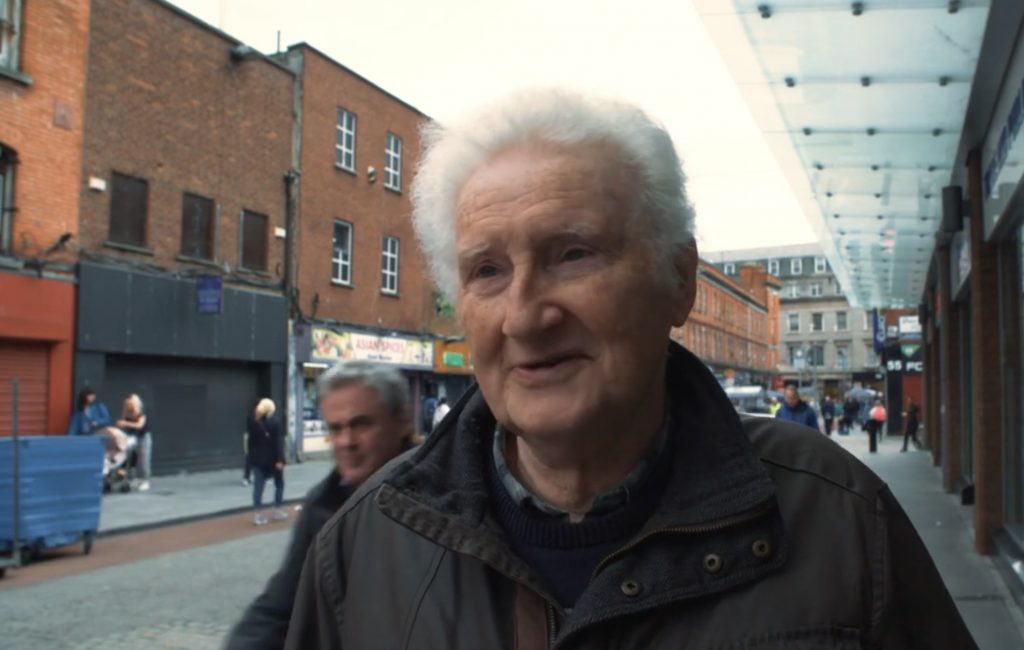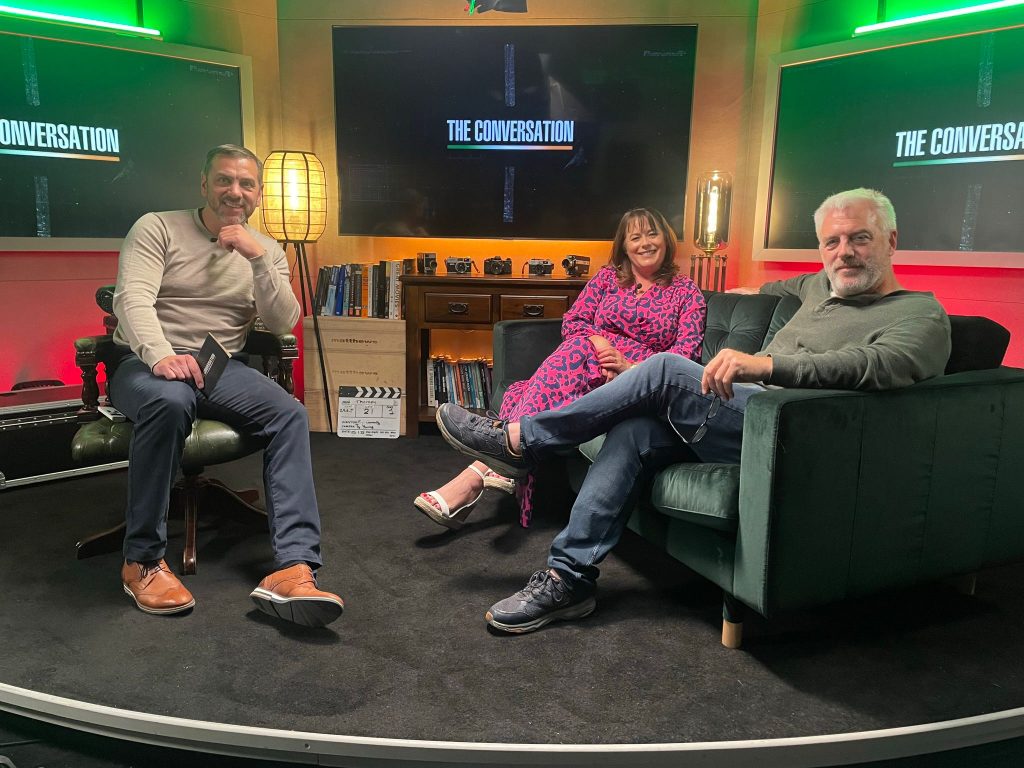Finding Placement
Before starting my placement at Relapse Pictures, I had many expectations. Truthfully I thought my work there would be plain sailing, however this wasn’t the case. Being a production assistant is much more difficult than I anticipated. I assumed my responsibilities would be limited and would be mostly observational to begin with but I was soon to learn that this was not the case. My initial naivety was soon apparent as I was thrust into a television production on the first day. In preparation I was informed that there would be multiple tasks to perform and that it was best to get the feel for things right away.
So far, my placement at Relapse pictures has helped with many of my production skills such as my camera skills, sound recording skills and lighting skills. Fortunately for me, finding a placement was quite an easy task for me. Luckily I have familial connections at a production company named Relapse Pictures which was greatly beneficial and the sole reason I was so easily able to find a placement rather early on. Relapse pictures is a production company based in Belfast and specialises in media and film production. So far, I have worked on a talk show called ‘The Conversation’ which has recently aired and currently has ten episodes released so far, which were filmed and are aired weekly. The Conversation is an online political chat show that discusses current affairs issues with different guest on a weekly basis. However, prior to placement I have been lucky enough to work with Relapse Pictures on productions of documentaries and other projects with jobs as a runner and participating in tasks like to setting up equipment such as tripods, camera and lighting equipment, however once I officially started my placement I was able to be more hands on and do some of the film and sound recording itself and experiment a lot more.
The Conversation
Week One
Initially I found it intimidating being surrounded by a crew of professionals, however once getting to know the crew members, they helped me feel at ease and comfortable in the professional environment. I had the pleasure of working with Co-host of the show and politician Michelle Gildernew, technical director Naseem Khan and editor Pramod Sharma, who all made me feel welcome and a part of their team. They all were great mentors, offering to teach and guide me through everything.

Particularly memorable episodes
I would be lying if I said there weren’t more days of shooting I enjoyed more than others. Our special guest of the week was former politician and member of European parliament Martina Anderson. Anderson has a very interesting character and she was also a pleasure to work with. The reason I particularly enjoyed the experience of meeting her was she was very motivational and inspiring. She mentioned the struggles of women’s rights and how women were treated when she was growing up. That week I was specifically working on sound, I had to adjust the mics on our special guest and make sure that the sound was not hindered or that the sound didn’t peak throughout the interview. I would have to stop the interview if at any time there was a noise coming from outside the set that wasn’t meant to be picked up by the mics which felt a little intimidating, as I felt I had to tell the professionals to stop their production which made me as a student feel out of place. However I enjoyed that opportunity as it gave me a sense of professionalism and experience to understand how the industry is.

Another episode I particularly enjoyed was when we had Investigative Journalist and Documentary filmmaker on the show, Donal McIntyre. McIntyre is a documentary filmmaker who is very vocal on social media about current affairs such as his stance against mainstream news platforms such as BBC and RTE, he delved into great detail on how he thinks that independent journalism could benefit society. He expressed his opinion on the importance of indepdent journalism and talked about how it plays a vital role in holding individuals, institutions, such as BBC and the RTE and governments accountable for their actions. By investigating and reporting on issues without bias or interference, journalists can uncover corruption, abuse of power, and other wrongdoings. Mark Scott said “A shared belief in investigative journalism as a necessary condition of authentic democratic life.”( Bacon, W. and Morton, T. (2012). For this particular episode in which McIntyre was featured on the Conversation, I had the opportunity to travel down to Dublin and ask the public their opinions on the institutions like the BBC and RTE and also their opinion on independent journalism. For this task I set up in Dublin City Centre with the Fs7, Tripod and a boom and interviewed passers-by. Addressing the public in a film setting was extremely fun and they were curious as to what projects we were working on. Whilst McIntyre was on the show I worked a lot on the Sony FS7 a camera up until then I was unfamiliar with. For the Conversation we used three different Sony FS7’s and had a variety of different coloured vibrant lights on set. Throughout this particular shoot with McIntyre, I was responsible for setting up the lights on set and once the shooting began I was responsible for making sure the the camera was focused and looked exceptional throughout the interview process.


Other Projects
After shooting one day, I had the opportunity to go out into the streets and experiment with the Sony Fs7 and film some B-Roll for some upcoming documentaries that the production company is working on. Before shooting some B-roll I planned and executed a shot list of what I needed to shoot on that specific day. I considered elements of, locations and what kind of shots I would be needing, such as handheld or whether I needed a tripod with me. I shot variety of shots to add visual interest. I included wide shots to establish where I was medium and closeup shots and some tracking shots when necessary. Having the opportunity to go out with a camera solo really boosted my confidence when it comes to my use of camera work. It has helped me develop and improve my camera skills for future projects if I’m ever needed, I’m confident I’d very hands on and capable.
So far, working as a production assistant has given me a sense of what the industry is like and I have gained many learning experiences in just three months of practice. I have a great passion for film making and one day hope to gain enough experience to be a professional cinematographer. I am grateful to have had the opportunity to go on placement, to balance my studies as well as have the opportunity and time to practice my skills on placement with Relapse Pictures. Having this opportunity for work experience has given me a solid foundation for moving into the film industry and it has given me the confidence and real motivation moving forward and benefiting my career.
Bibliography
Bacon, W. and Morton, T. (2012) ‘Independent journalism’, Pacific Journalism Review. Auckland, NZ: Asia Pacific Media Network | Te Koakoa Incorporated, in collaboration with Tuwhera at Auckland University of Technology, Aotearoa, New Zealand, 18(1), pp. 6–11. https://search.informit.org/doi/10.3316/informit.378015330120113.